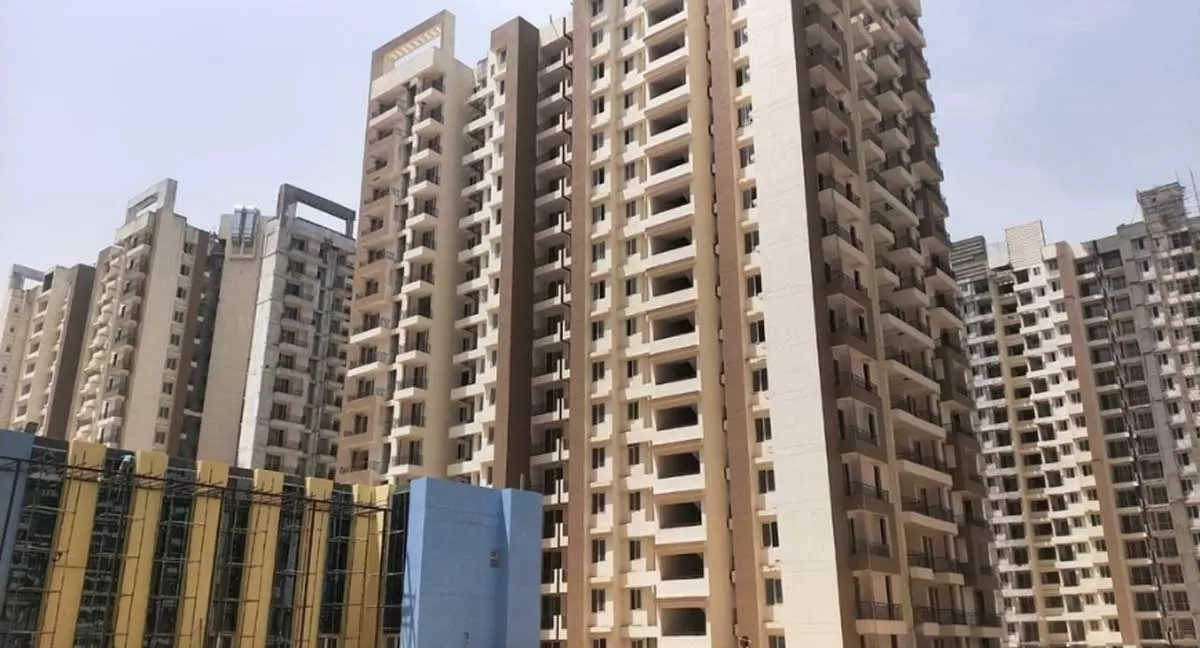
Andhra Pradesh govt to support development of industrial parks

Larsen & Toubro Secures Contract from Defence Ministry
The Ministry of Defence, Government of India, has awarded a significant contract to Larsen & Toubro (L&T) for supplying K9 Vajra-T Artillery Platforms to the Indian Army. As per the company's project classification, the contract is valued between Rs 50 billion and Rs 100 billion. The K9 Vajra-T, a 155 mm, 52-calibre tracked self-propelled artillery platform, is an adaptation of the globally renowned South Korean K9 Thunder howitzer. It has been co-developed by L&T and Hanwha Aerospace to meet the Indian Army's specific operational needs across diverse terrains, including deserts, plains, and..

Delhi-NCR Housing Market sees 25% Sales Growth
The Delhi-NCR property market has maintained its momentum during the December quarter, with housing sales and new supply estimated to grow by 25 per cent and 59 per cent, respectively, as reported by PropEquity. Data from the real estate analytics firm suggests that housing sales in Delhi-NCR are likely to rise to 12,915 units during the October-December period of this year, compared to 10,354 units in the corresponding period of the previous year. New supply in the region is expected to increase significantly, reaching 11,223 units, a 59 per cent rise from 7,072 units in the year-ago quarter..

DDC Approves Five Key Projects Under Kasaragod Development Package
The District Development Committee (DDC) has approved a budget of Rs 100.08 million for five key projects under the Kasaragod Development Package. This funding is part of the Rs 700 million allocated in the State budget for the 2024-25 financial year, with administrative approval formally amended to incorporate these initiatives. The decision was made during a meeting chaired by District Collector K. Inbasekar on Saturday, December 21. The approved projects include Rs 40.99 million for constructing Udayapuram Thungal Road in Kottom Belur grama panchayat and Rs 20.56 million for setting up a ..















